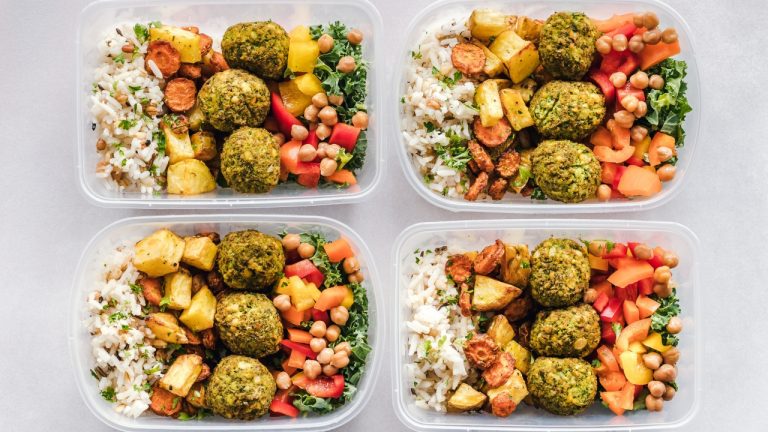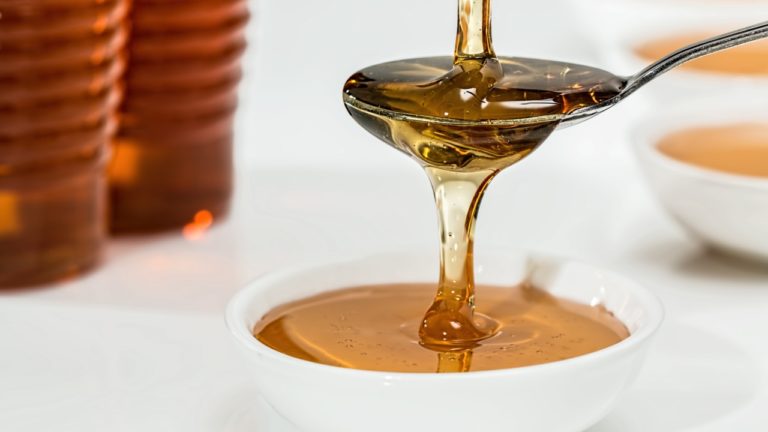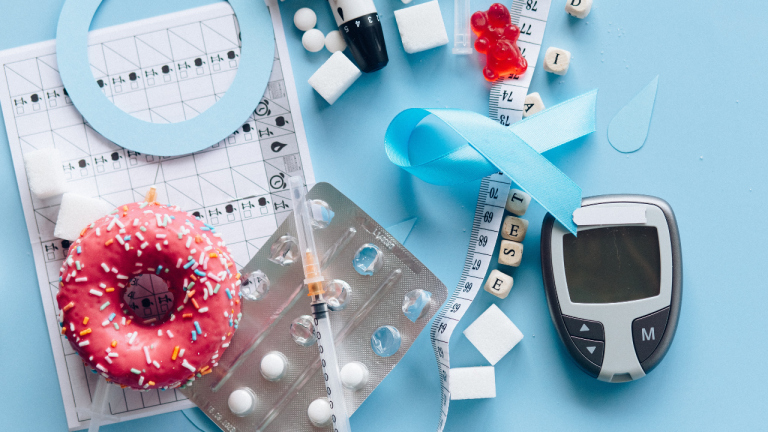What Foods Should You Avoid If You Have Gastrointestinal Problems?

If you have gastrointestinal problems, such as irritable bowel syndrome (IBS), inflammatory bowel disease (IBD), or gastroesophageal reflux disease (GERD), there are certain foods that you may want to avoid. Here are some examples:
Fatty or fried foods: High-fat and fried foods can be difficult for the digestive system to process and can exacerbate symptoms such as bloating, gas, and diarrhea.
Spicy foods: Spicy foods can cause irritation to the lining of the digestive tract and worsen symptoms of GERD and IBD.
High-fiber foods: While fiber is an important part of a healthy diet, too much fiber can be difficult for individuals with IBS and IBD to digest and can cause symptoms such as bloating, gas, and diarrhea. High-fiber foods include whole grains, beans, lentils, fruits, and vegetables.
Dairy products: Dairy products can be difficult for some individuals to digest and can cause symptoms such as bloating, gas, and diarrhea. Lactose intolerance is a common condition in which the body is unable to properly digest lactose, a sugar found in dairy products.
Caffeine and alcohol: Both caffeine and alcohol can irritate the digestive system and worsen symptoms of GERD and IBD.
Acidic foods: Acidic foods, such as citrus fruits and tomatoes, can be irritating to the lining of the digestive tract and worsen symptoms of GERD.
It’s important to note that the foods that trigger gastrointestinal symptoms can vary from person to person. It may be helpful to keep a food diary to track which foods trigger symptoms and to work with a healthcare provider or registered dietitian to develop an individualized dietary plan.



